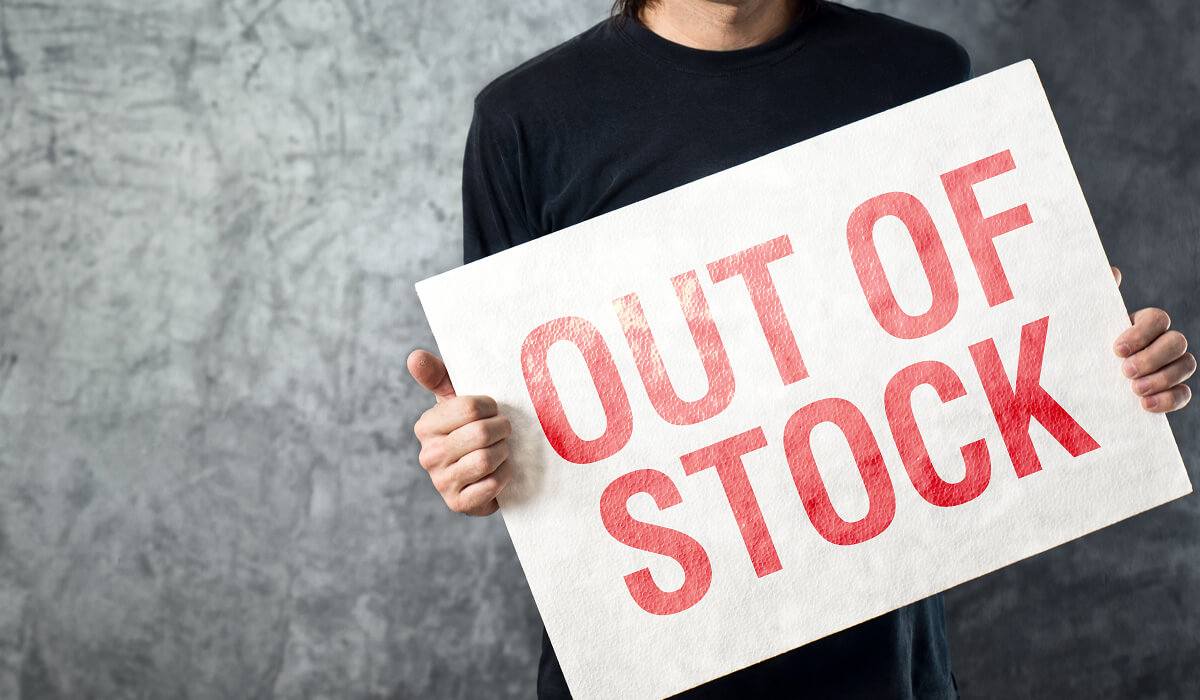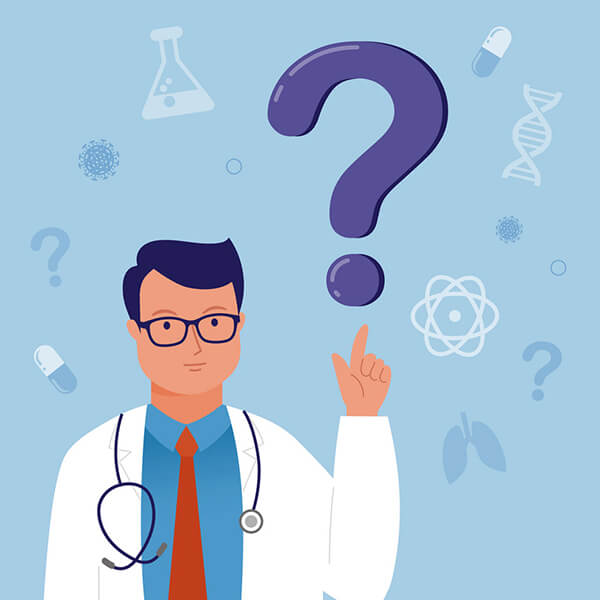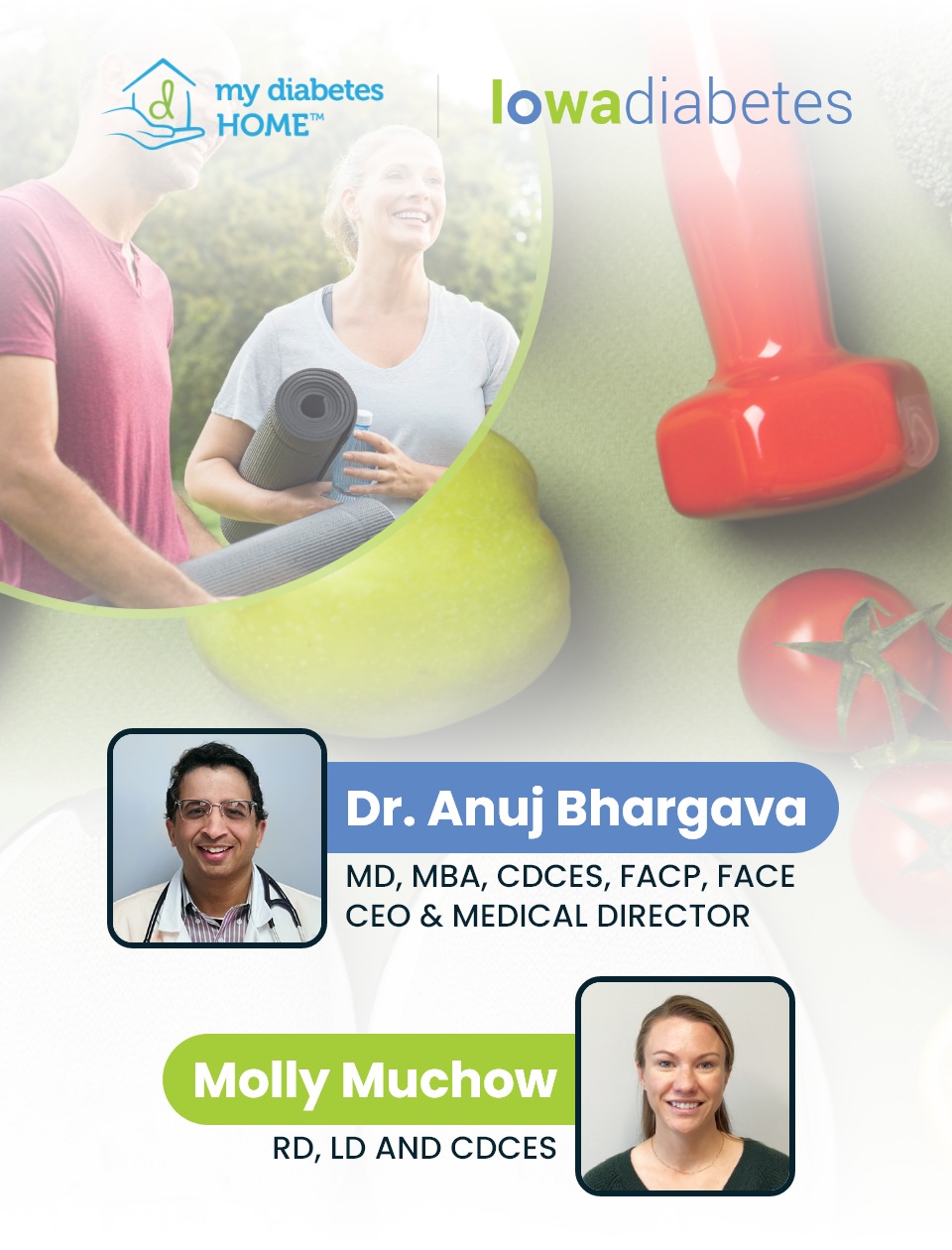
Diabetes Drug Shortages: How to Handle Them
Recently patients with diabetes have had a hard time getting medications like Ozempic, Trulicity, and Mounjaro due to drug shortages.
When drug shortages happen it can be a very difficult and frustrating situation. Read on to learn more about drug shortages and how to find your medications.
💊 What is a Drug Shortage?
Drug shortages are frustrating for everyone involved. This includes patients, pharmacists, and doctors. Try to remember that a shortage is not due to anything the pharmacy or doctor has done, and they cannot fix the shortage.
💊 “What if the Pharmacy Does Not Have My Medicine?”
There are quite a few steps you can take if the pharmacy does not have your medication, or if you know there is a shortage of a medication you currently have in stock. The first step is to make sure to request refills as early as you can, around 7 to 10 days before you are out. Sometimes with drug shortages, pharmacies are able to get small shipments of medication in. If you request your prescription early on, there is a chance they will get a shipment in before you are out of your current supply.
If your pharmacy is not able to get your medication in and you are running low, try calling other pharmacies in town. This can be pharmacies with the same company you currently use, or other companies completely. Pharmacies that are different companies than the one you are using sometimes will use a different supplier.
In most situations, your doctor is not going to know which pharmacies will have medications in stock. Before reaching out to your doctor, try calling around to a couple of different pharmacies to see if anyone has your medication, even if it’s a different dose, available. If a new pharmacy does have the medication, they should be able to call your regular pharmacy to get the prescription transferred.

💊 When Do I Contact My Doctor?
So when should you contact your doctor? You should give your doctor a call if you have been unable to find any pharmacy that has the medication, and you are within one week of running out of your supply. Your doctor may have samples at the office, or possibly send in a different dose of the medication if it is available. In some situations, they may recommend you stop taking your medication until the shortage has been resolved. Do not stop taking your medication without first consulting your doctor.
You will also need to call your doctor if you have found the medication you need, but in a different dose than usual. They may agree to change your dose temporarily, or they may not. If they agree that a different dose will be sufficient for the time being, they will need to send a new prescription to your chosen pharmacy.
Summary Drug shortages are a difficult situation for everyone involved. Shortages add stress on patients, pharmacies, and providers.
Thankfully, there are quite a few ways to try and find a certain medication. Call around to other pharmacies, talk with your doctor about changing doses, and more. Your pharmacists and doctors are here to help you, and we want you to have your medication just as much as you do.






